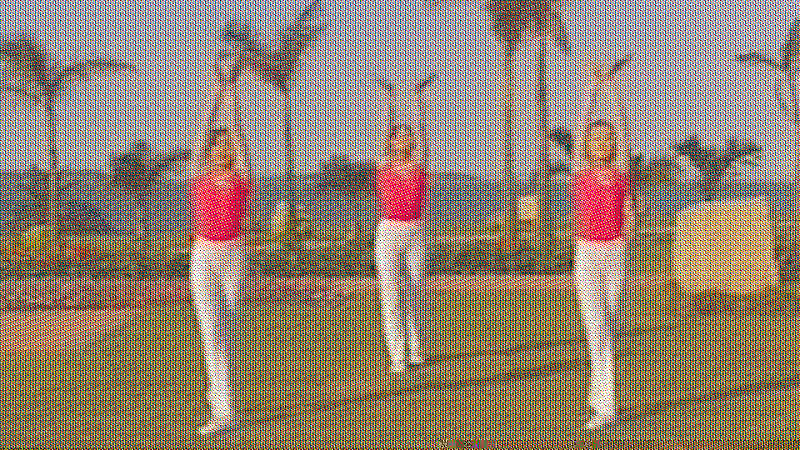KEXIN HAO, RIJSWIJK
https://howkexin.com/Eaglet Takeoff
As long as I remember how to take off like an eaglet, my body will never fail to archive the history.
How are political ideologies shaped by bodily semiotics?
How does one’s body memory become an integral part of hegemonic historical narratives? And how do we inhabit a historical, archival, and totalised body?
This video essay tries to raise these questions through an observation on the mass physical exercises, choreography, sports, and socialist routines/rituals in China from the 1950s onwards. It looks at the “body” in three different ways:
The symbolic body: body movements can symbolise certain ideas, beliefs and morals;
The social body: our bodily movements are scripted by social movements;
The archival body: my own body memory is a result of certain ideologies of the society I lived in. The body is a site for archives.
This work experiments on a non-chronological narrative and also mixes a personal perspective with the common historical one.
Kexin Hao is a visual artist and designer born in Beijing and based in the Hague. Her practice is a marriage of graphic design and autonomous projects involving performance and public engaging art. Kexin’s work is a constant swing between intimate close-up on personal stories and zoom-out to collective narratives; between a past of political heaviness and a flashy modernity rendered in humour and sarcasm.
01EAGLET TAKEOFF

video / 11’43” / 2021
How are political ideologies shaped by bodily semiotics?
How does one’s body memory become an integral part of hegemonic historical narratives? And how do we inhabit a historical, archival, and totalised body?
This video essay tries to raise these questions through an observation on the mass physical exercises, choreography, sports, and socialist routines/rituals in China from the 1950s onwards. It looks at the “body” in three different ways:
The symbolic body: body movements can symbolise certain ideas, beliefs and morals;
The social body: our bodily movements are scripted by social movements;
The archival body: my own body memory is a result of certain ideologies of the society I lived in. The body is a site for archives.
This work experiments on a non-chronological narrative and also mixes a personal perspective with the common historical one.

